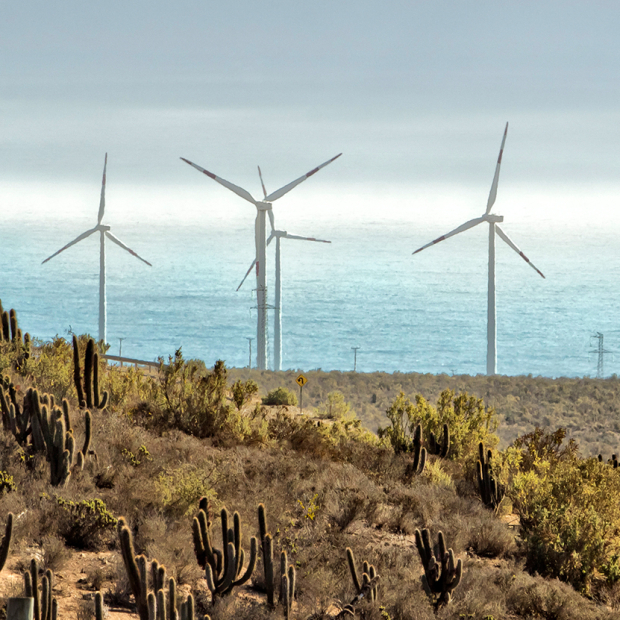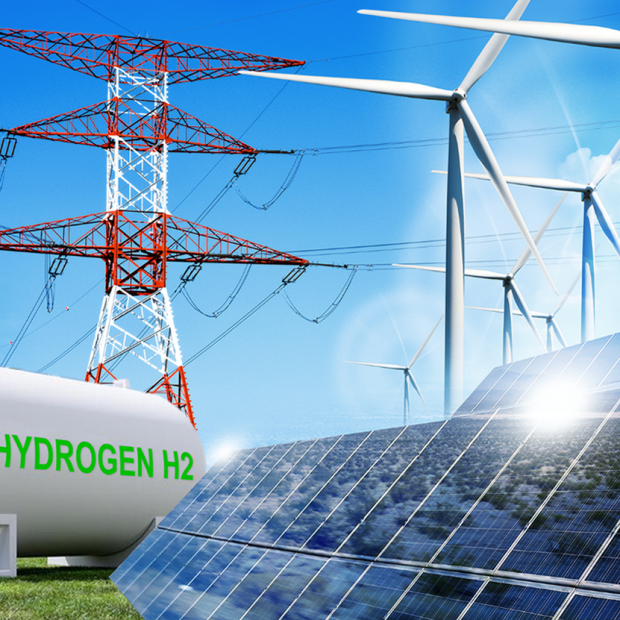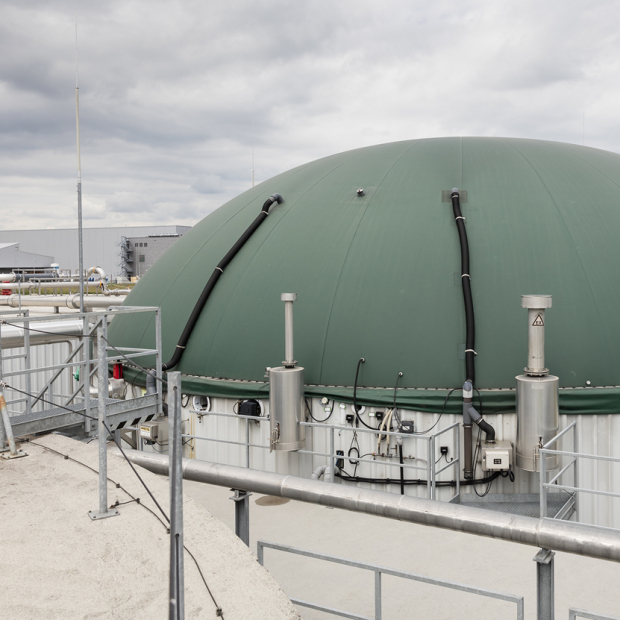
Evaluation of compensatory feed-in remuneration
The evaluation of the compensatory feed-in remuneration (KEV) system assesses the design, implementation and impact of this policy instrument and the extent to which its objectives to promote renewable energies have been achieved. The results of the comprehensive qualitative and quantitative analyses are used as a basis for the improvement of the KEV system.
In March 2007 the Swiss Federal Parliament decided to introduce a compensatory feed-in remuneration system (KEV) for electricity from renewable energies. The aim is to achieve a substantial increase in the production of electricity from renewable energies in Switzerland.
Acting for the Federal Energy Office (BFE), we evaluated the KEV system together with Interface Policy Studies and the University of Geneva. The focus was on the design, the implementation of this policy instrument, its impact and the extent to which objectives had been achieved. The analyses based on interviews with experts, statistical data on the KEV and literature review.
A substantial aspect of the EBP contribution was formed by analyses of the cost-effectiveness and efficiency. The costs of electricity generation and the procedure for setting the feed-in tariffs were analysed. Thereby, the following renewable energies supported by the KEV system have been considered: Hydropower (up to 10 MW output), photovoltaics, wind energy and biomass energy.
The conclusions of the study and the recommendations for improving the KEV system form an important basis for further work by the Federal Energy Office. The results will be used both in ongoing optimisation of the KEV system and the current discussions on energy policy.










